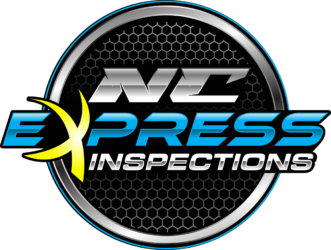Home Inspection Services
Our residential inspection process includes:
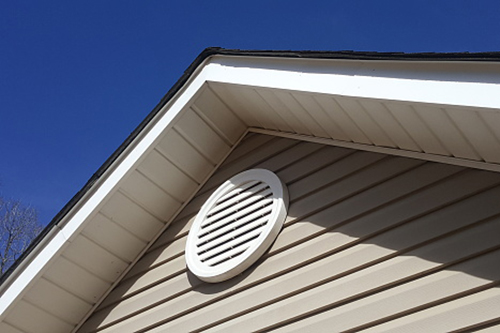
Roofing and attics:
- Damage
- Defects in the roofing material
- Proper flashing and drainage
- Water and moisture intrusion
- Proper ventilation and insulation
- Defects in structural members
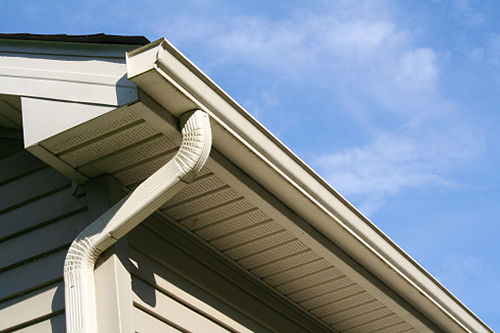
Gutters and drainage systems:
Is your drainage system moving water AWAY from your home? If not, it could lead to many negative issues that could be easily avoided! We will inspect for:
- Damage and defects.
- Function of the system, and proper flow direction of rain water.
- Proper installation.
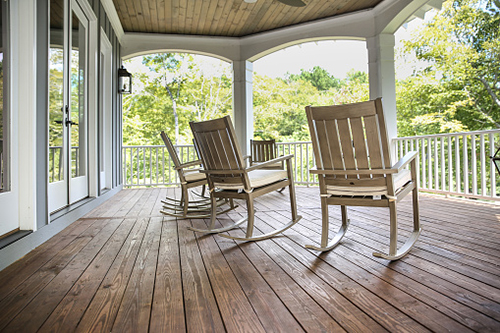
Porches and decks
Many deaths and injuries are caused each year by improperly built and supported decks. We inspect for:
- Safety practices
- Proper support, attachment, and bracing,
- Signs of decay.
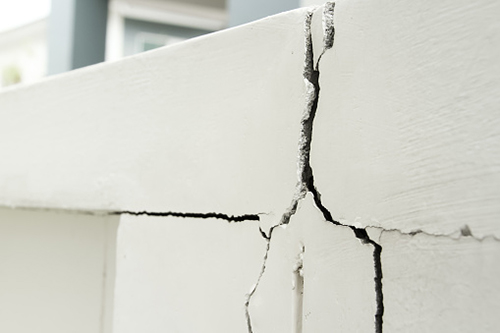
Structural Foundations
Many signs can point to the uneven settlement of a home. We will identify:
- Proper building practices of foundation walls, columns and piers.
- Possible defects in the methods used to construct, or within the materials themselves.
- Proper sill plate attachment. (A home should be bolted to it’s foundation!)
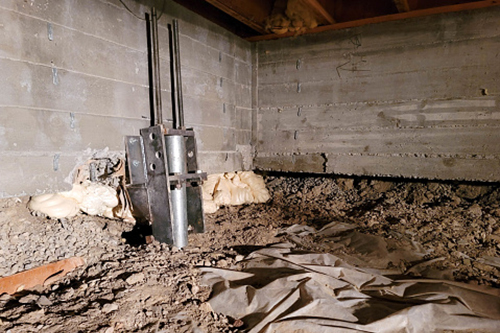
Crawlspace and basements
A crawlspace will give you a huge amount of information about a home. Let us do the dirty work, and check it out for you! We will look for:
- Proper vapor barrier, and it’s installation.
- Proper ventilation and insulation.
- Signs and/or presence of moisture intrusion.
- Signs of decay, organic growth and WDO (wood-destroying organisms)Defects in flooring and joists.
- And SO much more.

Electrical system
You don’t want to discover you have an electrical issue the hard way. Our inspection process covers many aspects of the electrical system to ensure function, proper practices, and most importantly, safety! We will:
- Identify the service type, voltage and amperage.
- Check for proper grounding.
- Inspect for safety defects and proper wire sizing.
- Test for properly wired receptacles and
GFCI function. - Test the function of all fixtures, and report on any and all that are not responsive.
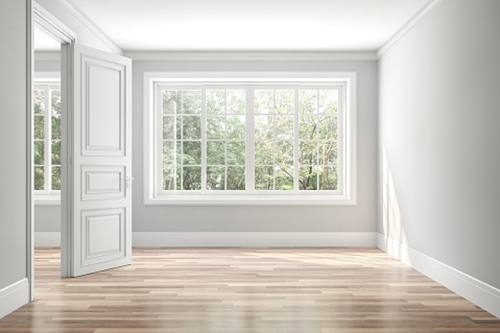
Interior (walls, floors, and ceilings)
Inside of a home, you may see things that are concerning. Many of these concerns may only be cosmetic issues, but some may indicate more serious defects. Our inspectors know the difference. During our process, we will:
- Inspect for defects that indicate signs of moisture issues (past and present), and decay.
- We inspect as many windows as possible for proper function, stability, and efficiency.
- We are observant of the flooring stability, and safety, and will report on areas of possible wood and joists decay.
- And much more!

Water heaters
An improperly installed, and piped water heater is very dangerous. There are certain installation methods that allow excess pressure to escape the water tank. Without proper a proper installation, you are at risk of a tank rupture, which is a big problem. We will inspect for safety so that any issues can be addressed immediately. Our inspection will:
- Identify the age and capacity of the water heater.
- Identify signs of old age, and the appliance nearing the end of it’s life expectancy.
- Inspect for proper installation, and safety precautions.
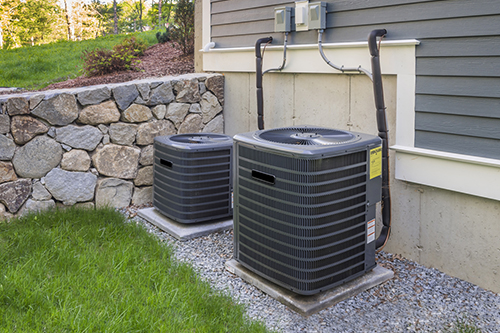
Heating and Air Conditioning
No one wants to lose their heat, or air conditioning! It’s a HUGE nuisance to be freezing, or smoldering hot. Especially in a home you have just purchased, and it was unexpected! Let us check your system. We will:
- Test all “weather permitting” functions.
- Identify defects and signs of old age.
- We will inspect for signs of inefficiency, and potential health hazards such as carbon monoxide leaks.

Plumbing
Let us verify that there are no leaks, or non-function fixtures! We will:
- Test all fixtures for proper function, water flow, and pressure.
- Inspect for leaks.
- Check for proper venting and drainage of the plumbing system
- Test for any potential safety hazards (temperature too hot, hot/cold piped correctly, etc.)
Optional Inspections/Services

Radon Testing
Radon is an odorless gas that enters your home through the foundation, walls, and well water. It is the second highest cause of lung cancer in America (smoking is first). Radon exist in all 50 states. and while some areas are considered hot spots, it can, randomly, be anywhere. The only way to know if your home is safe from radon is to have a radon test performed by a professional.

Infrared Scan of home and electrical panel
This is a scan of your home with a special type of camera that will potentially identify hidden issues in areas that are inaccessible. This camera displays temperature differences. For example, hot and cold water pipes, and electrical wires which give off heat( or not, when not in use or malfunctioning).

Water Testing
A water sample test can be done in order to check the safety of your homes water supply. These tests can identify the presence of radon, harmful bacteria, and chemicals such as pesticides that have seeped into your water table.

Mold Testing
A mold test can be performed to identify potential harmful growth in, and under, your home. Some people may be highly allergic to certain types of mold.

Septic and/or Well Inspection
This inspection is an in depth assessment of the septic system, and/or well to ensure proper function and installation.
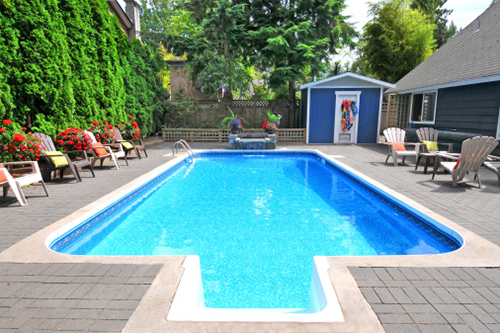
Pools & Spas
This is a safety inspection to test proper grounding of metal components in and around the water area. We also inspect for other safety criteria such as properly installed fencing and gates, and their functions.
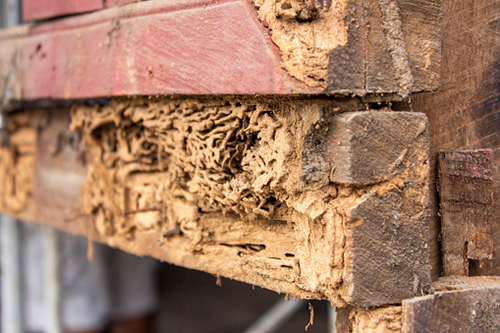
Wood-destroying organism (termite, carpenter ant, etc.) inspection
This is a very valuable inspection. Every home is susceptible to wood-destroying organisms. And that can mean extremely expensive repairs, as well as create major safety concerns. This inspection will be performed by a professional, and identify signs and/or presence of termites and other organisms that can destroy your investment.

New construction/ Pre-drywall inspection
This is an inspection that is performed before insulation and drywall are installed. this allows the inspector to have much more visible access to the structure of the home, and identify potential defects that cannot be seen later in the construction process.

Detached Buildings
This inspection is for a building, or structure that is not attached to the home. For example, an unattached garage, storage building, or carport. We check for safety and proper construction practices, just as we do for a residential home inspection.
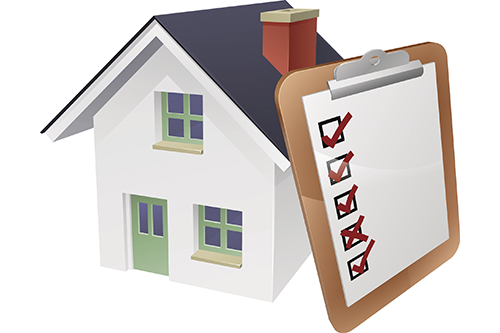
Re-inspections (after repairs are made)
If you've had an inspection, or have had repairs made in your home, or one of it's major systems, this inspection is to check for the safety and function of the system after repairs.
